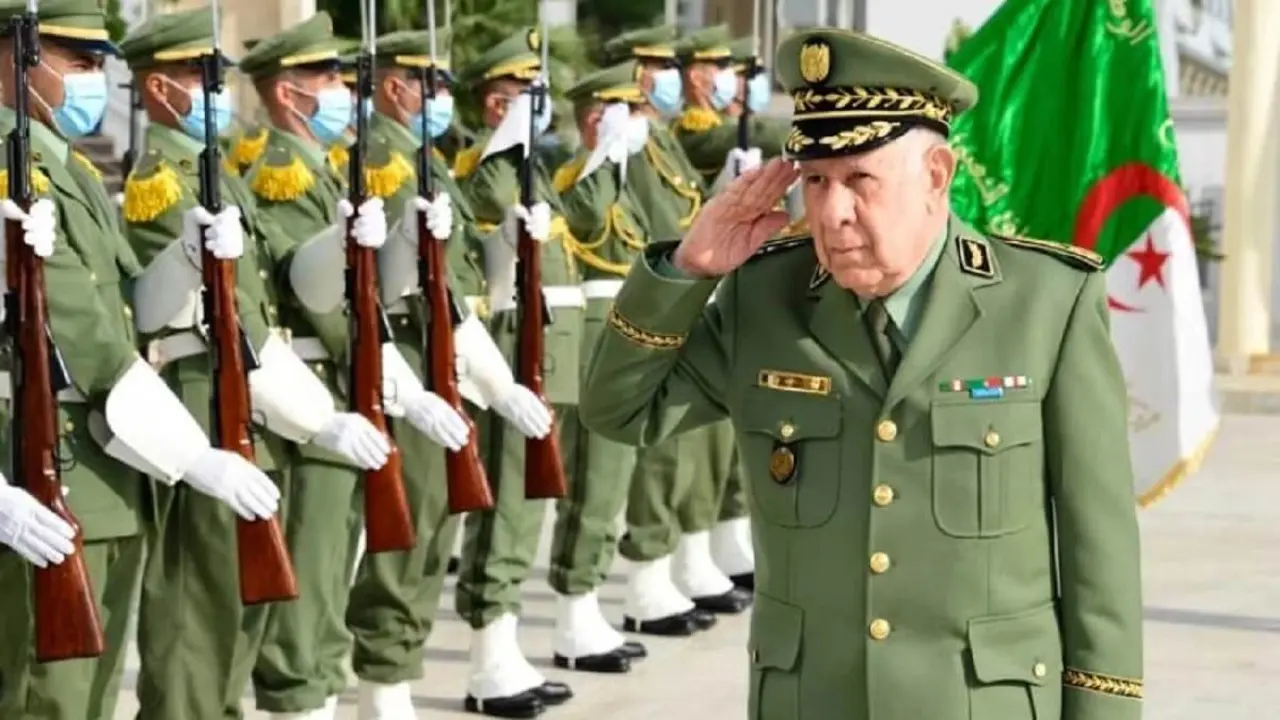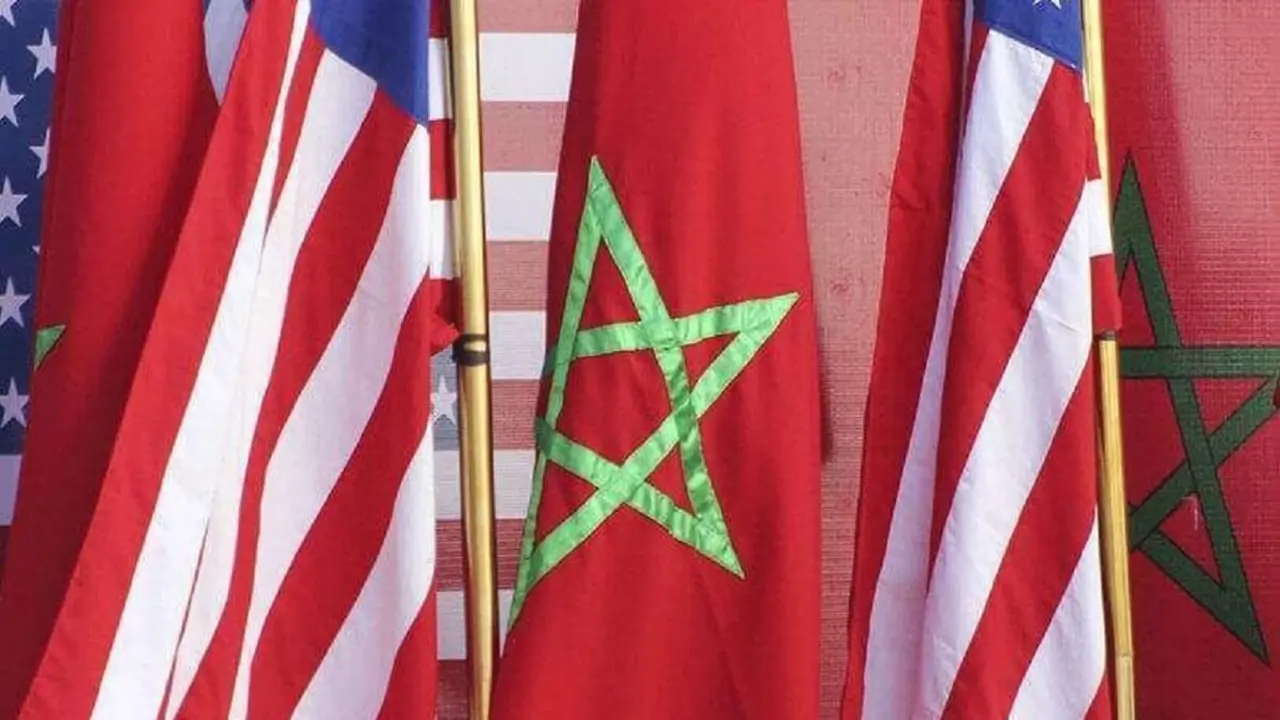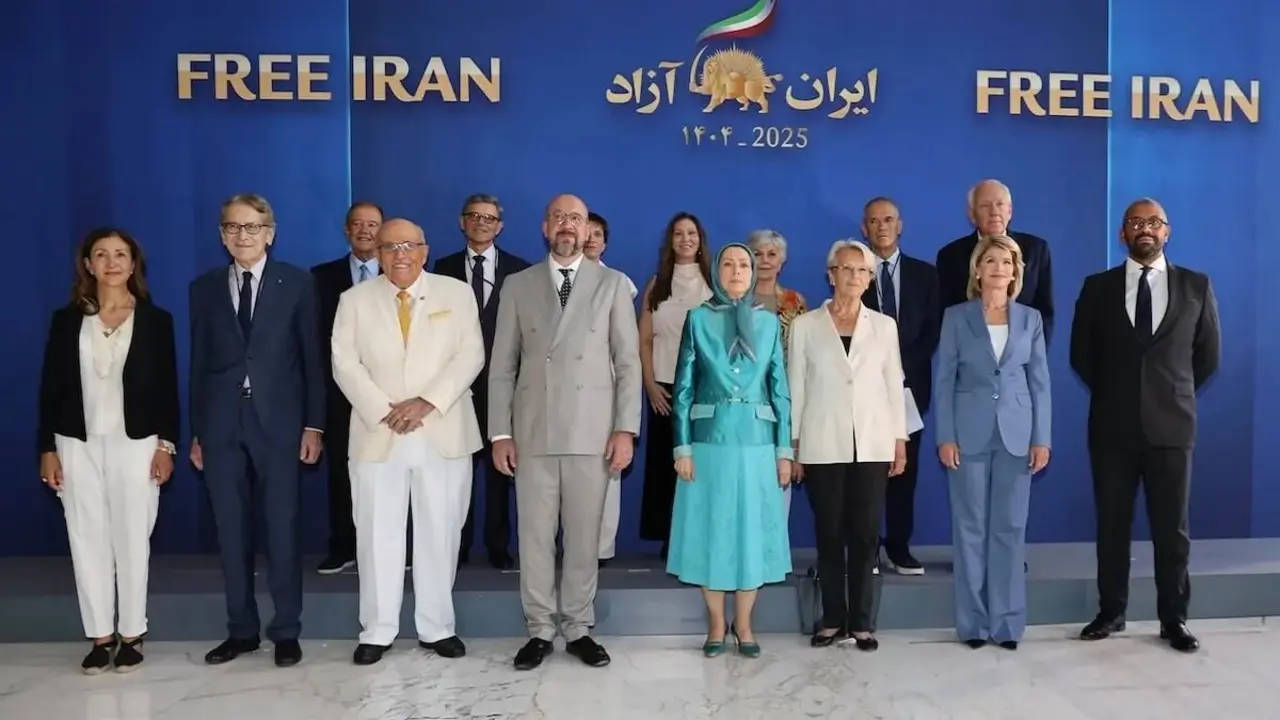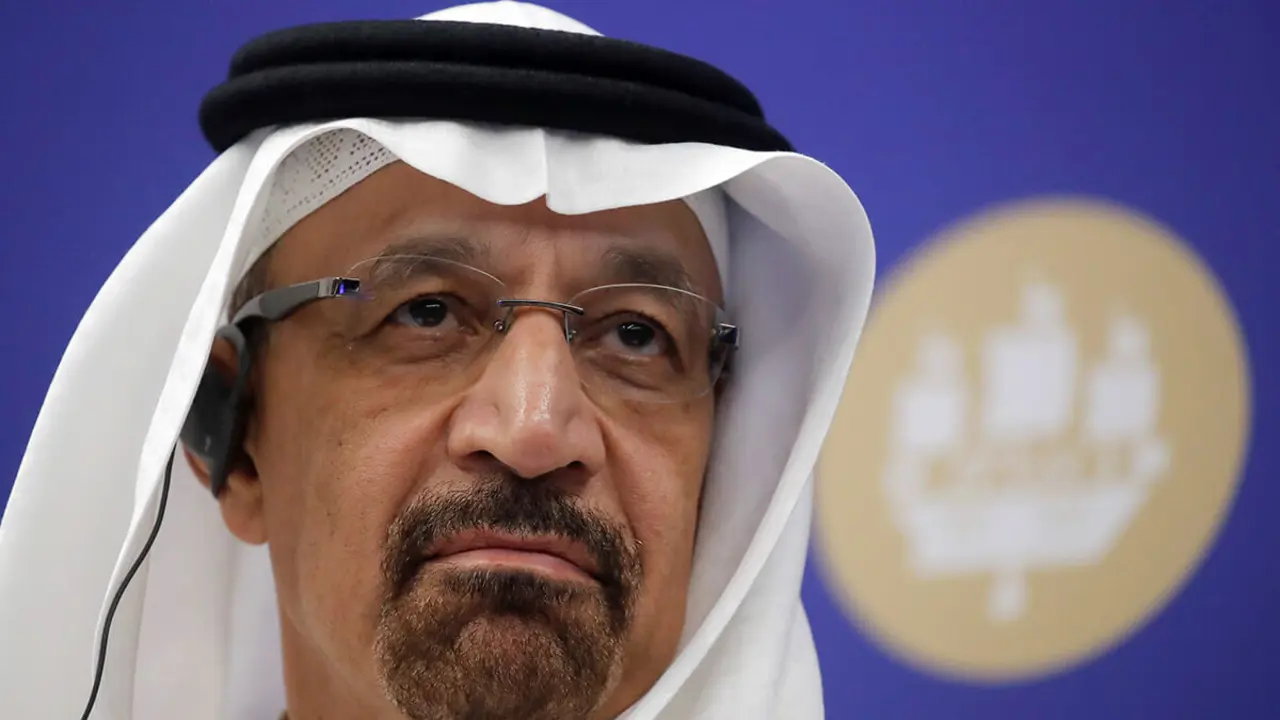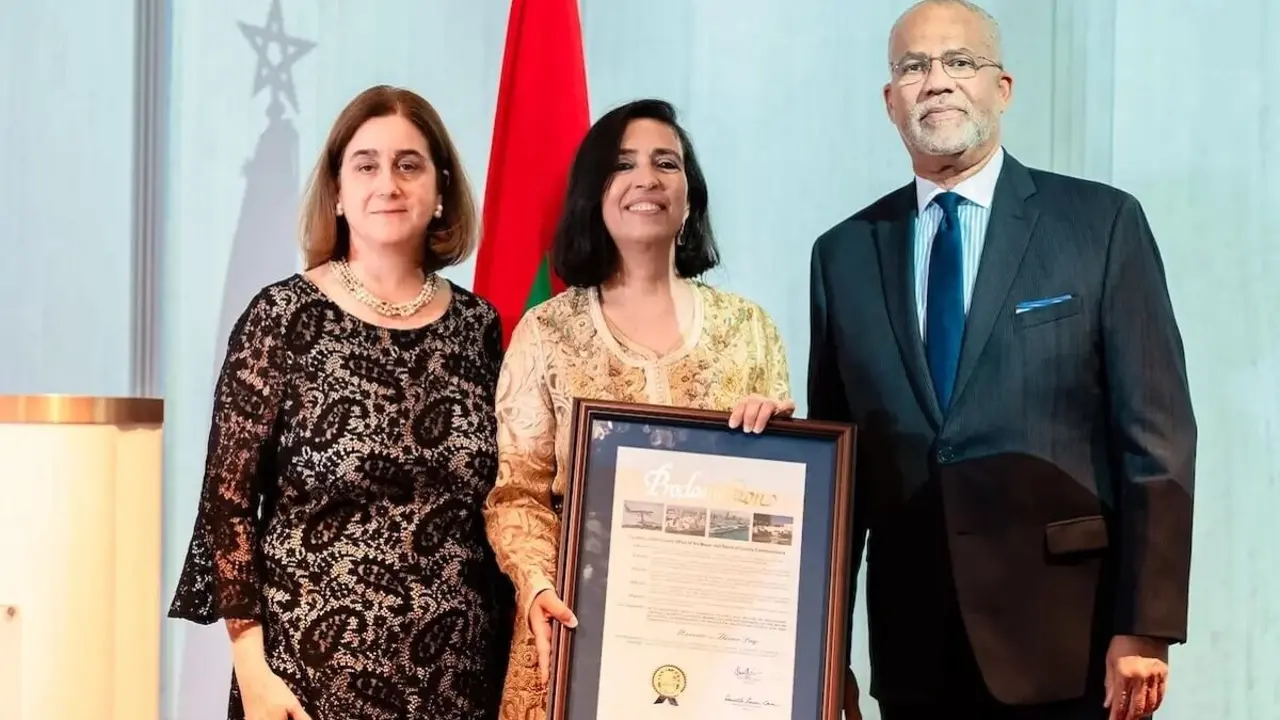General Alejandre (2): "The presidents of the government and the ruling elites do not see the need to be involved in defence issues"
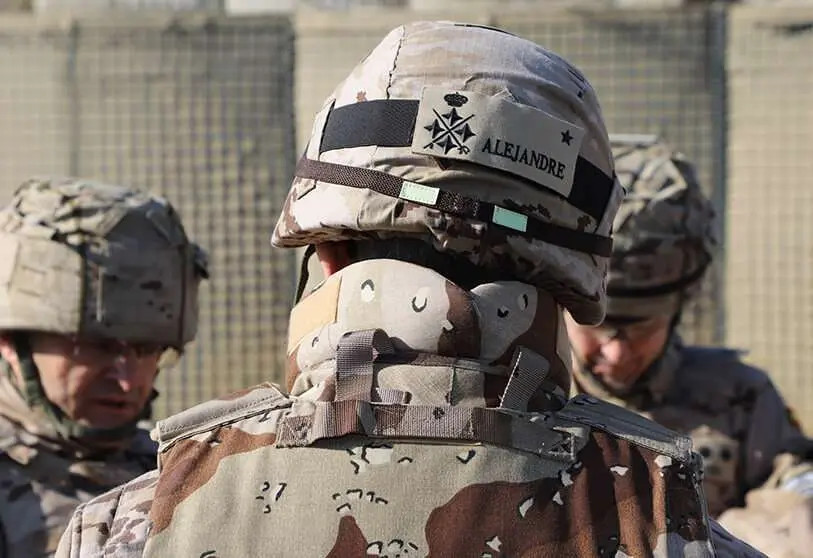
The book "Rey servido y patria honrada", authored by Army General Fernando Alejandre, is a testimony focused on his command at the head of the Defence General Staff, the highest centre of power in the Spanish Armed Forces. It is written with knowledge of the cause and a firm hand, in an attempt to explain and combat the lack of knowledge that prevails in Spanish society about its Armed Forces.
It is the fruit of long hours of reflection, of putting into a shaker his experience in the many and varied responsibilities he has held throughout Spain, Iraq, Bosnia-Herzegovina, Kosovo, Washington in the Ministry of Foreign Affairs and as a senior NATO commander in Belgium and the Netherlands. In short, these are the insights of a paratrooper and assault diver with settled ideas about the present and future of Spain's security and defence.
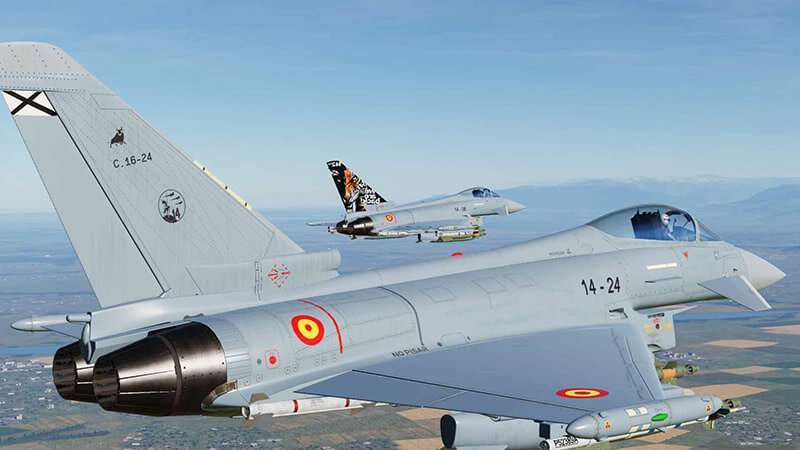
By law, the JEMAD is the main military advisor to the head of the Defence portfolio and also to the President of the Government. During your 2 years and 9 months as JEMAD, how many meetings of a professional nature did you have with the presidents of the Government Mariano Rajoy and Pedro Sánchez?
None. The simple coincidence of attending the National Security Council, some of their subordinate committees and several video conferences with the units abroad. I also had lunch at the Moncloa Palace with President Mariano Rajoy in the company of the Minister of Defence and the senior commanders of the Army, Air Force and Navy.
You have had repeated and direct dealings with your counterparts from NATO nations and other countries. To your knowledge, do they have a more direct, closer and more frequent relationship with their respective heads of government? In your view, why is this not the case in Spain?
I am familiar with the case of General François Lecointre, former JEMAD of France. In one of our meetings, he told me that he met and had lunch every week with the President of the Republic, Emmanuel Macron. I know of very similar relationships in the cases of the JEMADs of the United States, Italy, the Netherlands and Portugal.
What could be the reason for this not happening with Spanish prime ministers? Probably because of their lack of knowledge and appreciation of military affairs. I think that the heads of government, whether they are Rodríguez Zapatero, Rajoy or Sánchez, don't see the need to be aware of defence issues. They put someone in the middle to manage those issues and that's it. They do not assume that state policies, and even more so that of defence, should have a certain degree of priority since, without security, there is no freedom.
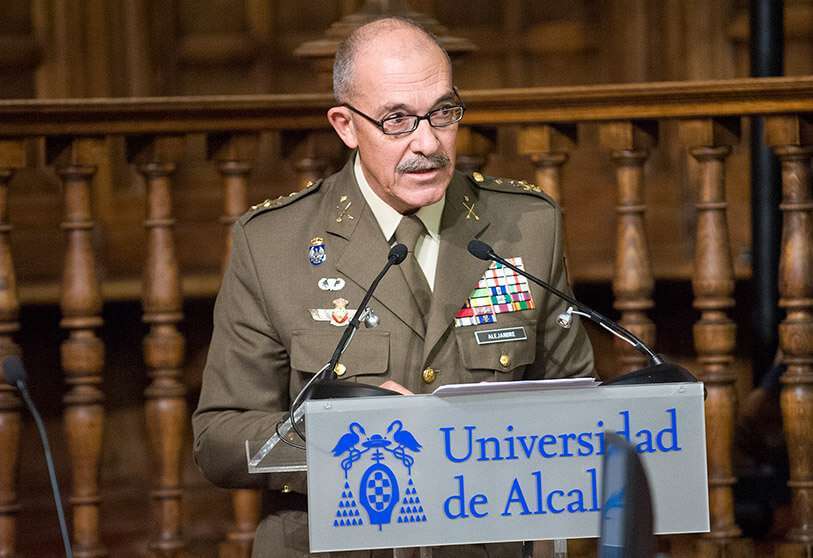
Although in your almost three years as JEMAD there have been periods of interim governments and long periods of parliamentary inactivity, on how many occasions have you been asked to appear before the Defence Committees of Congress and the Senate? Are the deputies and senators on these committees receptive to making the problems that are raised with them their own, defending them and resolving them?
Personally, I have been summoned to three hearings. I also used to accompany the Minister when she asked me to do so, which usually coincided with the presentation of the appropriations and budgets for peacekeeping operations.
Are the deputies and senators receptive to our demands? Yes, but only in lip service. Are they willing to make up for the shortcomings? With reservations. Today, in my opinion, the Observatory of Military Life is much more effective than the Commissions of Congress and the Senate. And I would point out. Certain governments are very nervous about direct contact between the JEMAD and the members of the Defence Committees.
During your time as JEMAD, you reinforced the armed forces' rapprochement with Spanish society. You even spearheaded the effort with personal contributions in numerous forums. Did the Ministry of Defence encourage you to do so or, on the contrary, did it put obstacles in your way?
There were two phases, which I explain in the book. In both phases I implemented it with due caution. In the first, I was allowed to give lectures and meet with the media on an ad hoc basis. In the second, I was informed that it was frowned upon and the possibility to continue was cut off. To complete the above answer, I must say that when I took office I considered that I should interact with the members of the Defence Committees of Congress and the Senate. At the second stage it was indicated to me that there was no need for me to continue to do so.
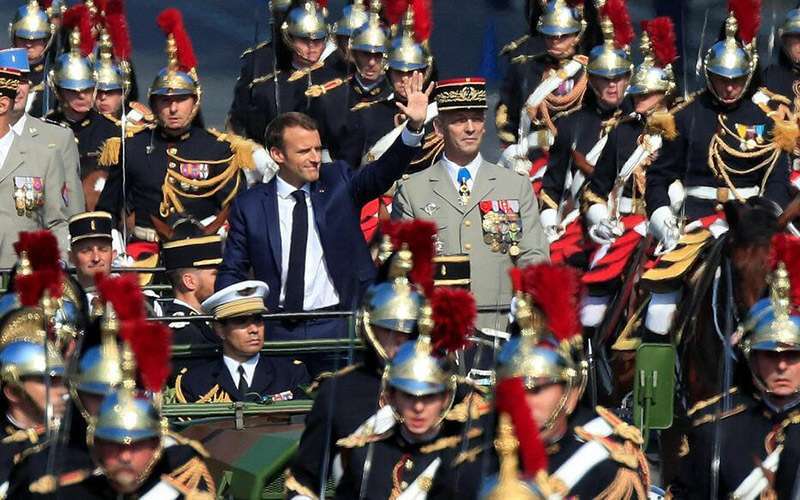
You say that your aim is to contribute ideas and solutions to remedy an "almost impossible" relationship between the military and the society they serve and of which they are a part. In your experience, is this difficulty more present in certain political tendencies, and do some options wish to maintain this distance, that is, do nothing or work to ensure that this separation persists?
It is obvious. In my second period as JEMAD it was more evident. But I want to make it clear that, in my view, no one wants to keep a distance on purpose. It is a consequence of the mistrust of the military, which is widespread in certain political spheres.
Providing the armed forces with adequate weapons systems and equipment is, in essence, a consequence of the role that the government of the day intends Spain to play in the world. Is that role clearly defined? If not, what prevents it from being specified?
The problem is that the concept of the use of the Armed Forces should mainly come from the Defence Policy Directive and the National Security Strategy. However, both documents are ambiguous. The result is that, in the end, it is the JEMAD itself that has to come up with the specifics, which is a contradiction in terms, because it has to do so without clear directives and, to some extent, being deprived of a stable political direction.
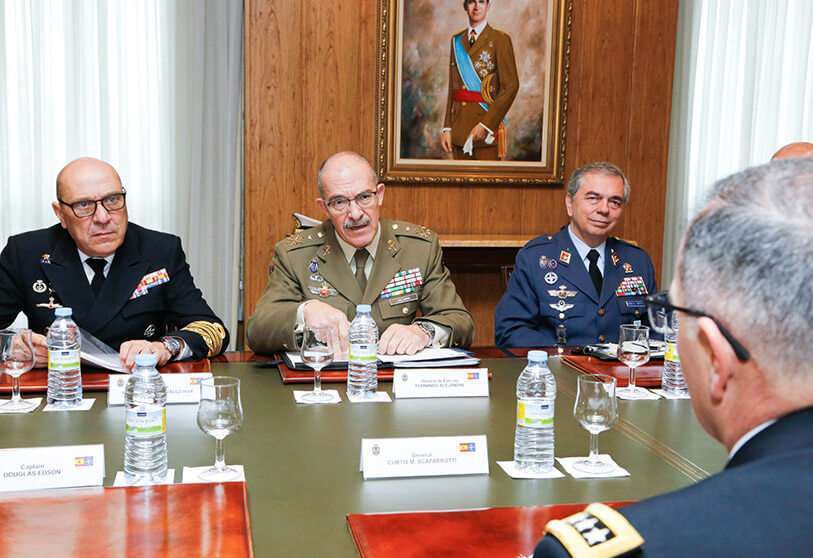
In your volume, you list some of the ills afflicting the Armed Forces and Spain. One of them is what you describe as "disciplinitis". What is it?
It is very common and occurs in private companies as well as in the army and the navy. It consists of trying to find out what the boss wants, in order to propose the solution he wants and get his applause. Sometimes even against the judgement of the professional proposing the solution. This is terrible, it really shocks me and I have tried never to do it. But I have seen around me how people change their position overnight to defend what a particular minister wanted.
Another deficiency that afflicts us is what I call the absence of the law of gravity. It means that there is not the necessary cohesion between the whole and the specific. It happens because the necessary subordination is not put into practice. There will be true joint armed forces once the JEMAD is heard to appoint the chiefs of the army, air force and navy. Because adding up is not the same as combining.
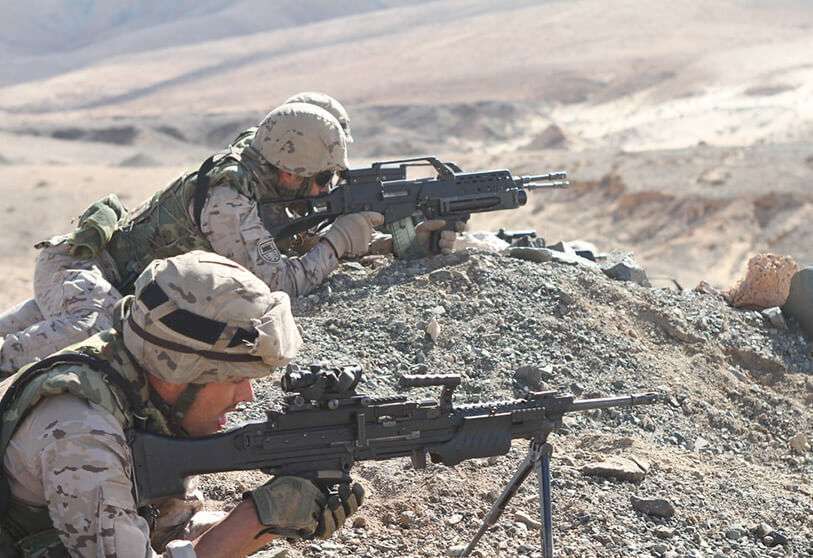
You say that most of those who have occupied the ministerial chair have been "pleasantly surprised" by "how professional the military are, how well prepared they are and how well they speak languages". You describe such praise as "worrying, unnecessary and surprising". Why?
I am puzzled by such praise. I have never heard any health minister say how good the doctors are, or that the director of a hospital speaks languages.
It gives the impression that when a high-ranking official arrives at the Ministry of Defence, his only knowledge of the military has been the stories of Sergeant Arencibia, a comic strip from the humorous weekly El Jueves, or having seen the film Patton and believing that the vocabulary of the military is full of foul language.
At least my generation of officers, many before me, and those that followed, went through higher education and were already studying tactics and strategy at the age of 18. Officers and NCOs are very proud of the training we received. The only point that remains to be properly recognised is the training of a Troop that we neither pay nor value as a true professional deserves.
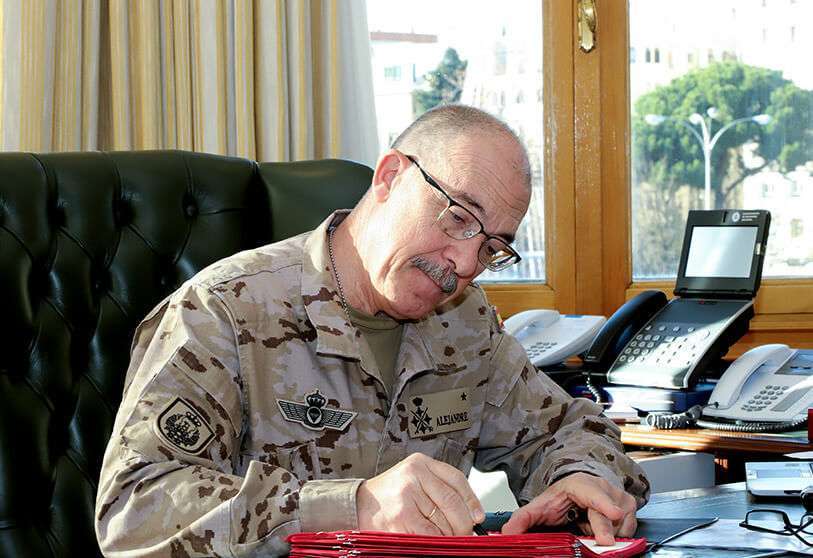
You call it a "cancer" when the Armed Forces come to accept that "it is not necessary to prepare for the worst, but for the immediate", thereby losing sight of the importance of their mission. Could you elaborate on that idea?
The immediate is not the pat on the back for getting hundreds of cars out of a traffic jam in a heavy snowfall. That reward is not a real goal. However, it is in this breeding ground that the EMU has been formed, with some personnel believing that they are fighting a real enemy, while the rest of the military prepares for what will never happen.
The purpose of the military, unfortunately for us, is to prepare us for the worst, for war, and thus, if necessary, to safeguard the lives and property of Spaniards. It is that hard and that simple.




